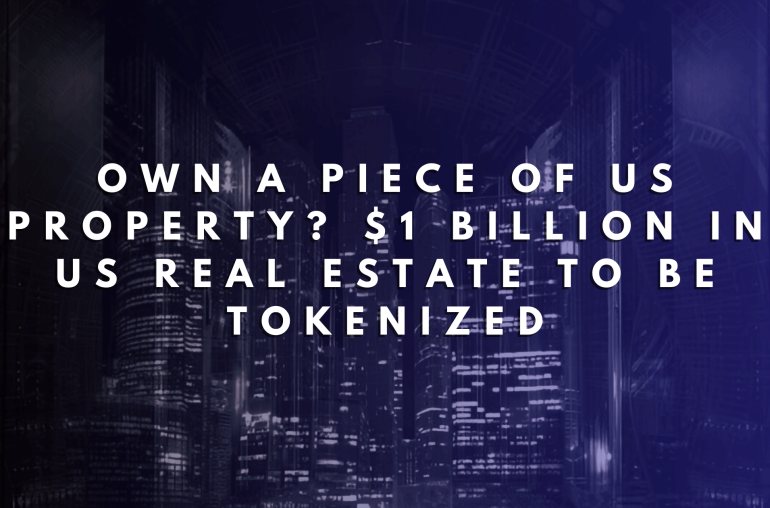Heard about blockchain and digital money? It can seem pretty complex.
If you’re wondering where to begin or what it all means, you’re not alone.
Let’s look at one key idea called tokenization.
So, What Does Tokenization Mean?
Think about owning something real, like a piece of land, money, or even company stock.
Tokenization is like getting a digital proof of ownership for that item.
This digital proof is called a token.
These tokens are stored on a blockchain.
What’s a blockchain? Imagine a very secure, shared digital notebook.
Many people can see what’s written in it, but it’s super hard for anyone to change it later.
This makes the token showing your ownership safe and reliable.
So, tokenization takes Real-World Assets (RWAs) – like money, buildings, or stocks – and represents them as digital tokens on a blockchain.
Also read: What Are AI Digital Twin? A Simple Explanation
Is This Just Another Type of Crypto?
No, it’s different from cryptocurrencies like Bitcoin.
Bitcoin usually doesn’t represent a specific real item you can point to.
Tokenization links digital tokens directly to actual, real-world things.
Why are people doing this?
It could help make moving assets easier, faster, and maybe cheaper.
Think about sending money to another country. It can take days and cost fees.
With tokenized money (like a “stablecoin,” often backed by real cash), the goal is to send money anywhere almost instantly, day or night.
Or imagine owning just a small piece of a big, expensive building. Tokenization might make it easier for more people to invest in things that used to be out of reach.
Who Is Trying This Out?
It’s not just new companies.
Big names like Visa, Mastercard, and banks like J.P. Morgan are testing this idea.
They are looking at using tokens to help move money between banks faster or to offer new financial options.
Some experts even think that one day, most assets, like stocks you buy, could be digital tokens.
What Could This Mean for Me?
For now, a lot of this is still being developed.
It’s not something you need to jump into right away.
But it’s good to understand the basics because it could change how money and ownership work in the future.
If you’re interested in tech and finance, learning about tokenization helps you see how digital tools could change things.
Could it make sending money cheaper or faster someday? Maybe.
Could it create new ways to save or invest? Perhaps.
The main idea is to safely connect the digital world with real-world value.
What Are the Problems or Challenges?
Like all new tech, there are challenges.
The rules for these digital tokens aren’t clear yet in many countries. This makes things uncertain.
Keeping everything secure and private online is very important, especially with valuable assets.
Mistakes in the computer code that manages tokens can cause big problems.
Also, it takes time to build trust and get everyone banks, businesses, people to use the same systems.
So, the idea has promise, but remember there are risks and it’s still early days.
Right now, it’s mostly about understanding the idea, not necessarily finding ways to invest, unless you research specific projects very carefully.
How do you think tokenization could affect us in the future? Share your thoughts below!
Key Takeaways:
- Tokenization creates digital tokens on a blockchain to show ownership of real-world assets (RWAs) like money or property.
- A blockchain is like a secure, shared digital record book, making ownership clear and hard to fake.
- Tokenized assets are linked to real value, unlike some cryptocurrencies.
- Possible benefits are faster, cheaper transactions and easier ways to invest in different assets.
- Major companies like Visa and J.P. Morgan are testing tokenization.
- Challenges include unclear rules, the need for strong security, and getting everyone to work together.
- It’s a new area with potential, but also risks; understanding the concept is the first step.




